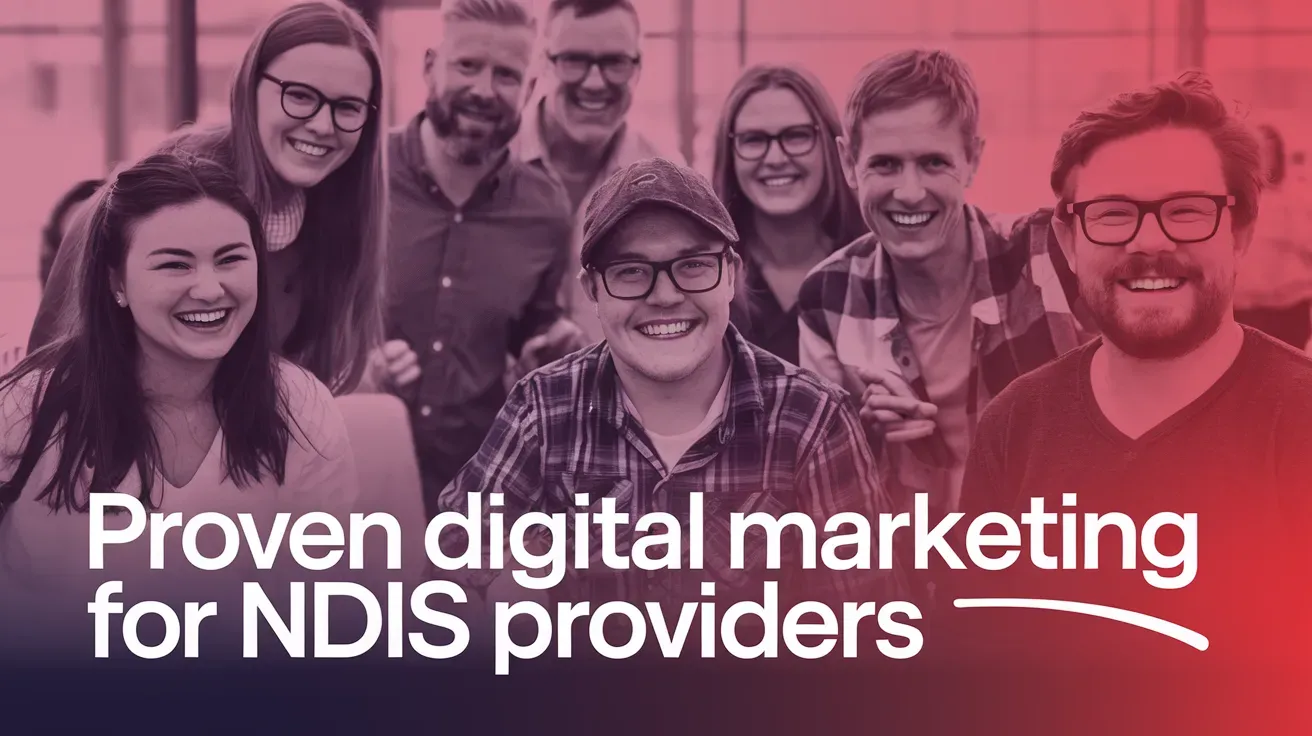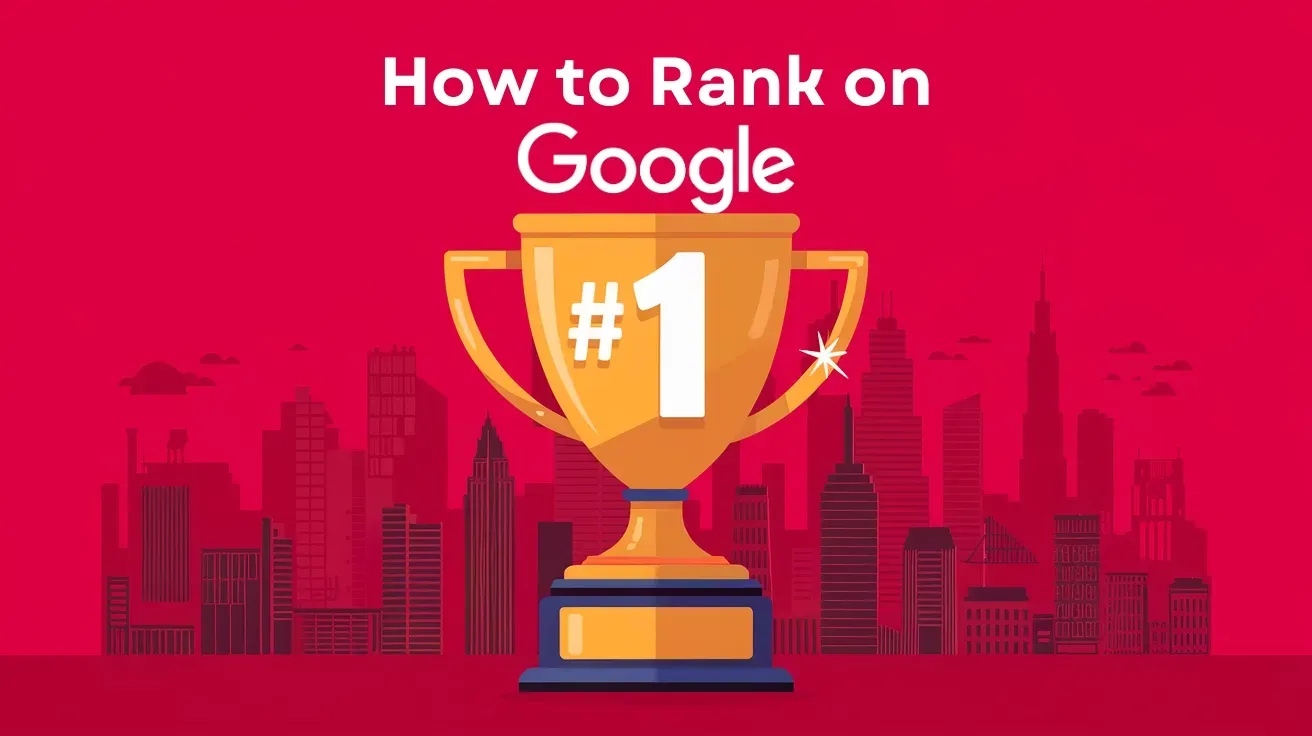Websites are a dime a dozen these days. With the click of a button, you can have a website up and running in minutes.
But just because you have a website doesn’t mean it’s a good one. If you want your website to be successful, you need to put in the time and effort to make sure it’s a good one. Otherwise, you’ll be stuck with a website that no one visits, and that doesn’t do anything for your business.
So, what makes a
great website? There are a lot of factors, but here are the top five:
Great Websites Have a Business Model in Place
One of the most important factors is having a solid business model in place. A business model is a framework that you use to run your business and make money. Without a strong business model, it will be very difficult to make your business successful.
There are a variety of business models that businesses can adopt in order to be successful. The most common business models are:
1. Product-Based Businesses: These businesses sell physical products to customers.
2. Service-Based Businesses:
These businesses provide services to customers.
3. Membership-Based Businesses: These businesses provide access to a community or service for a monthly or yearly fee.
4. Advertising-Based Businesses:
These businesses sell advertising space on their website or other platforms.
5. Subscription-Based Businesses:
These businesses charge customers a recurring fee for access to their products or services.
6. Affiliate-Based Businesses: This is one where you earn a commission to promote other people's products or services.
Having a business model in place can help your website be more successful. It can help you make money and provide value to your customers.
Great Websites Look Professional
The internet is a vast and ever-growing ocean of information, and in order to stand out,
your website needs
to be professional. But what exactly does that mean?
1. Easy to Navigate
Users should be able to find what they're looking for without any trouble. If your website is difficult to navigate, users will likely click away and find another site that's easier to use.
2. Well-Designed
Your website's design should be clean and professional. Avoid using too many colours or font types, and stick to a layout that is easy to follow.
3. Up-to-Date
Make sure to regularly update your content, and add new features or products as they become available. If users see that your site hasn't been updated in a while, they'll likely assume that you're no longer in business.
4. Informative
Some websites are great because they are able to provide users with exactly what they are looking for. Other websites fail because they are not able to provide users with the information or resources they need.
5. Easy to Find
Search engine optimization (SEO) is a great way to ensure that your site comes up in search results. Use relevant keywords throughout your site, and include links to your website on your social media pages.
Great Websites Offer Something Unique
Your website is like your storefront; it's how you show the world what you have to offer. And just like a physical store, if you want to stand out from the competition and attract customers, you need to offer something unique.
But what exactly makes a
website unique and has that special something that will set it apart from the rest?
1. Offer a Unique Product or Service
You need to offer a unique product or service that nobody else is offering. This could be a new and innovative product, a unique service, or even just a different take on an existing product or service.
2. Have a Unique Selling Proposition
Your unique selling proposition (USP) is what sets your business apart from your competitors. It should be clear, concise, and easy for people to understand. USP should be prominently featured on your website so that visitors know what makes you special as soon as they land on your site.
3. Use Unique Design Elements
This doesn't mean that your site needs to be over-the-top or flashy, but it should be eye-catching and memorable. Your website's design should reflect your brand and what makes you unique. Use colours, fonts, and images that are in line with your brand and that will make your site stand out.
4. Write Unique Content
You need to write about topics that are niche or specific to your industry that will make your site a valuable resource for people who are interested in that particular topic. Also, make sure your content is as engaging and readable as possible. This means using short and easy-to-understand sentences, as well as using images and other visual aids to break up the text.
Great Websites Prioritise Traffic Generation
If you have a website, then generating traffic should be one of your top priorities. After all, without traffic, your website is nothing more than an online brochure.
1. Traffic = Money
The more traffic you have, the more money you can make. Whether you're selling products or services or relying on advertising revenue, the more visitors you have, the more money you'll make.
2. Traffic = Branding
The more people that see your website, the more likely they are to remember your brand. And if they remember your brand, they're more likely to buy from you in the future.
3. Traffic = SEO
The more traffic you have, the better your website will rank in the search engines. And the higher you rank, the more traffic you'll get. It's a never-ending cycle that starts with
traffic generation.
4. Traffic = Social Proof
When it comes to social proof, nothing is more powerful than traffic numbers. The more visitors you have, the more credible your website will be. And the more credible your website is, the more likely people are to buy from you.
5. Traffic = Success
Last but not least, traffic is a measure of success. The more traffic you have, the more successful your website is. And the more successful your website is, the more traffic you'll get. It's a self-perpetuating cycle that starts with traffic generation.
Great Websites Test Assumptions
All too often, website owners make assumptions about their target audience, their needs, and what they want. As a result, they end up creating a website that doesn't really appeal to anyone.
If you're thinking about creating a website, or if you already have one that's not performing as well as you'd like, it's important to test your assumptions.
1. Look at the Target Audience
What are their demographics? What are their interests? What are their internet habits? Knowing this will help you determine what kind of design will best appeal to them.
2. Consider Your Own Goals for the Website
What do you want people to do when they visit it? Make a purchase? Sign up for a newsletter? Once you know your goals, you can design your site accordingly.
3. Don’t Forget to Test Your Design
Show it to people in your target audience and see what they think. Take their feedback into account and make changes as needed. With a little testing, you can be sure that your website is the best it can be.
Conclusion
If you're creating a great website, remember these five key points above. By following these simple tips, you'll be well on your way to creating a website that's sure to succeed.
DSIGNS is a
web design agency in Sydney that specialises in creating websites that are easy to use and look great on all devices. We work with a wide range of clients, from small businesses to large corporations, and we're always happy to help our clients achieve their goals. Let us help you create a beautiful, responsive website that will help your business stand out from the crowd. Contact us today to get started!











